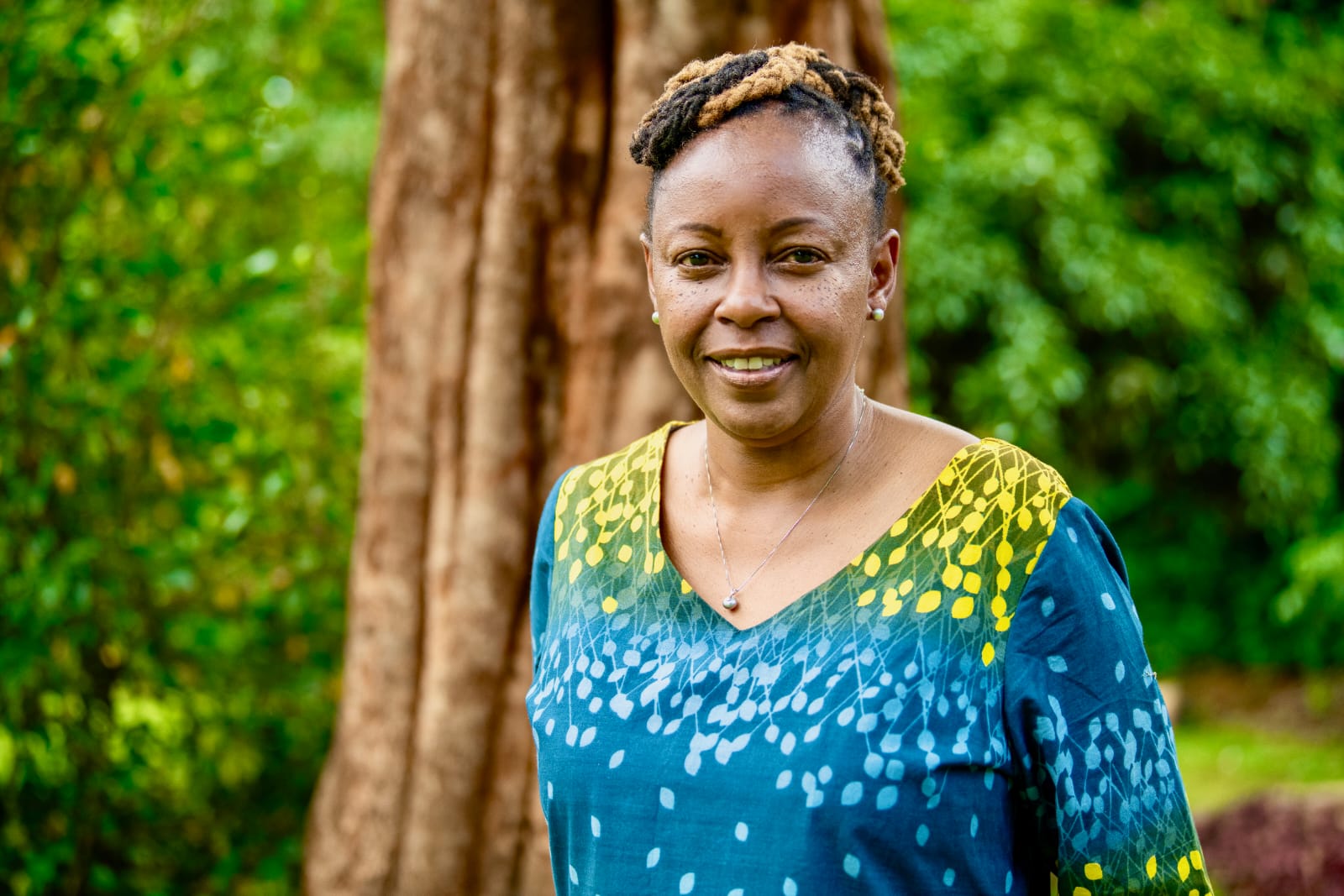
CAK in court seeking to halt construction of Aberdare highway

The Conservation Alliance of Kenya (CAK) has lodged an appeal at the National Environment Tribunal seeking to halt the construction of a road that will cut through the Aberdares Ecosystem destroying the critical water tower.
Representing 73 member organizations, CAK highlighted the detrimental impact of the proposed 49-kilometer Ihithe-Ndunyu Njeru highway which will cut through the Aberdare National Park and Forest Reserve, including its most sensitive areas such as the wilderness activity zone.

Speaking to the media, Nyaguthii Chege – Chairperson, Board of Directors, The Green Belt Movement, said that the call to action to the Government is to take a closer look at the proposed alternative Kariamu-Ndunyu Njeru road that is 17 kilometers shorter and cheaper by over one billion.
In addition, Chege drew the government’s attention to the severe and legitimate environmental impacts of the proposed road and the vital ecological functions like climate change mitigation and adaptation urging them to cancel the National Environmental Management Authority (NEMA) license that approved the construction of the road.
“We do support the development. But while we are investing in infrastructure, we have to make sure that we maximize the socio- economic benefit of that road while minimizing the negative impact in particular on the environment,” Chege said.
Brian Onderi, a lawyer representing CAK, on his part noted that his clients have already aired their dissatisfaction with NEMA’s decision.
Onderi in addition said that he had lodged the case on behalf of his clients with the National Environment Tribunal (NET) saying that he is confident they will consider all the issues fairly for the welfare of the country.

Civil society groups argue that the Kariamu-Ndunyu Njeru alternative remains the optimal choice compared to the proposed Ihithe-Aberdare Forest-Kahuruko-Ndunyu Njeru Road, which would cut through a closed canopy forest in the crucial water tower.
An Environmental and Social Impact Assessment report shows that around 104 hectares (256.9892 acres) of vegetation are lying in areas that will potentially be cleared. Out of this, 75 hectares (185.32875 acres) of bamboo, 14 hectares of forest (34.5947 acres) and 14 hectares (34.5947 acres) of moorland will potentially be destroyed.
In addition, the proposed upgrade of a road that cuts through Aberdare Forest will not have any economic value, a new study has shown.
The 49 Ihithe-Aberdare Forest-Kahuruko-Ndunyu Njeru road will be upgraded from earth to all-weather by the Kenya National Highways Authority (KeNHA)for Ksh 4.4 billion as opposed to Ksh 1.5 billion for the alternative shorter road by 17 Kilometers at the edge of the protected area which has greater socio-economic, environmental, and accessibility benefits for a larger population.
Conservation researchers from Nairobi, Oxford and Amsterdam universities have also concluded a Socio-economic Effects Analysis Study that shows that the upgrade is unnecessary.
“Our analysis demonstrates that the new Mau Mau road (scenario 2) will reduce travel times by 1.3-6.5 per cent on 11 routes, and increase the number of people within 2km of a tarmac road by 177,000,” they said.
However, they said, the study shows there is almost no socio-economic benefit to building a road over the Aberdare Range through the Aberdare National Park.
“There is no evidence that it brings people closer to main roads, or reduces travel time to markets,” they added.
Sadly, according to CAK, the Government did not consider this alternative road and decided to approve a road with no proven socio-economic benefits and serious and irreversible negative impacts on one of the most vital natural ecosystems of this country.
The Aberdare National Park has 63 endemic plants, an important bird area, large families of endangered African elephants, the largest remaining population of critically endangered Eastern Mountain Bongo and a small population of endangered black rhino.
It is also one of five water towers providing water to Kenya’s capital Nairobi and also feeds Lake Naivasha, the backbone of Kenya’s horticulture industry.

